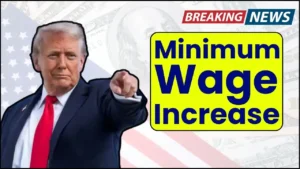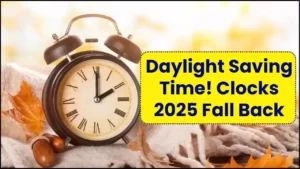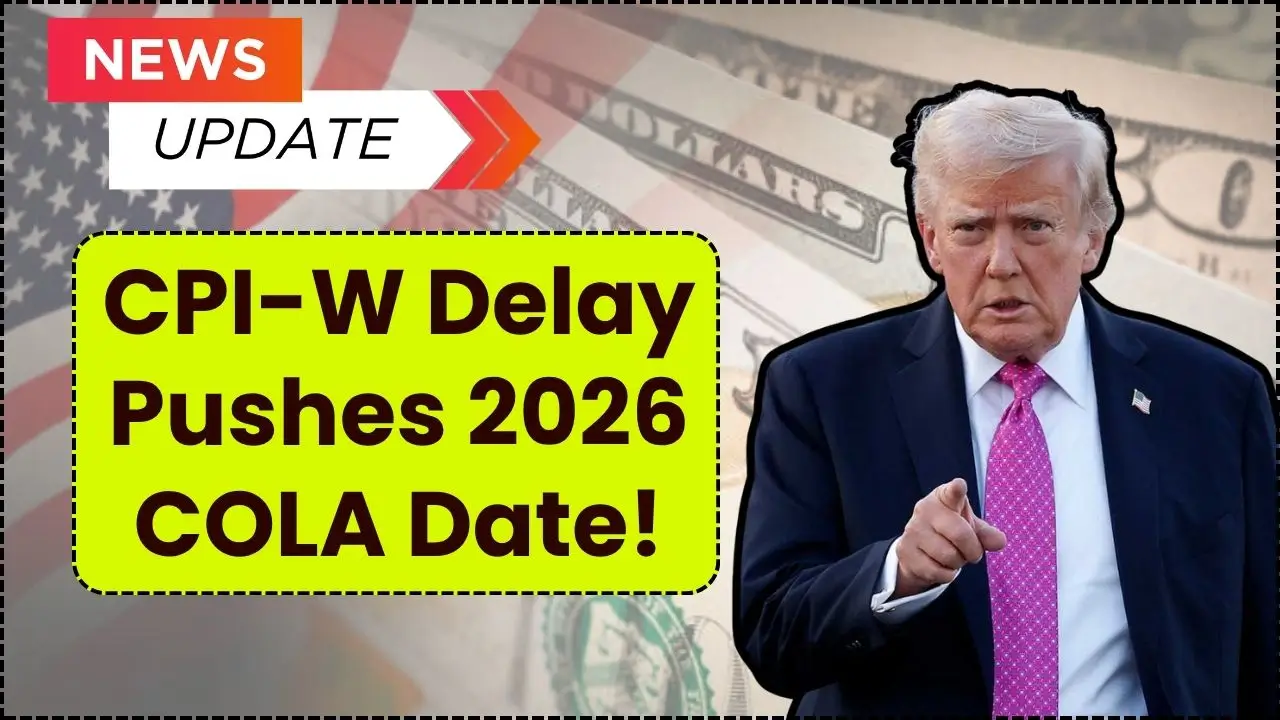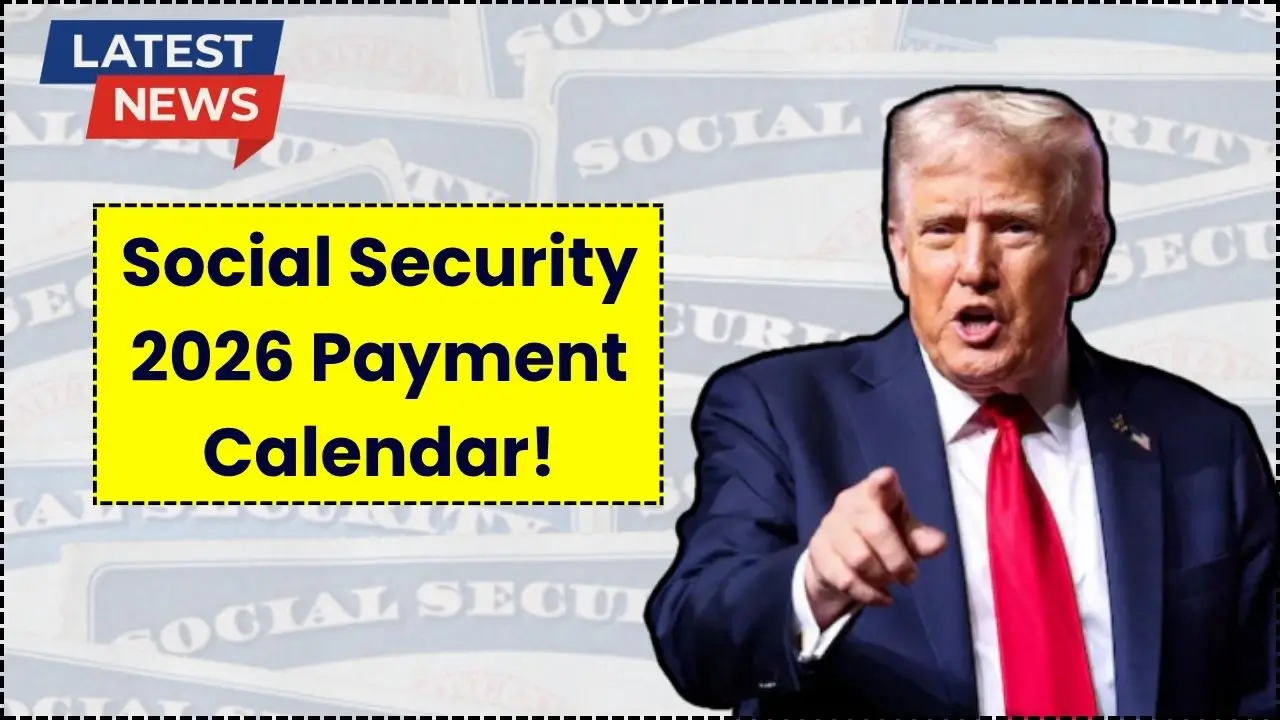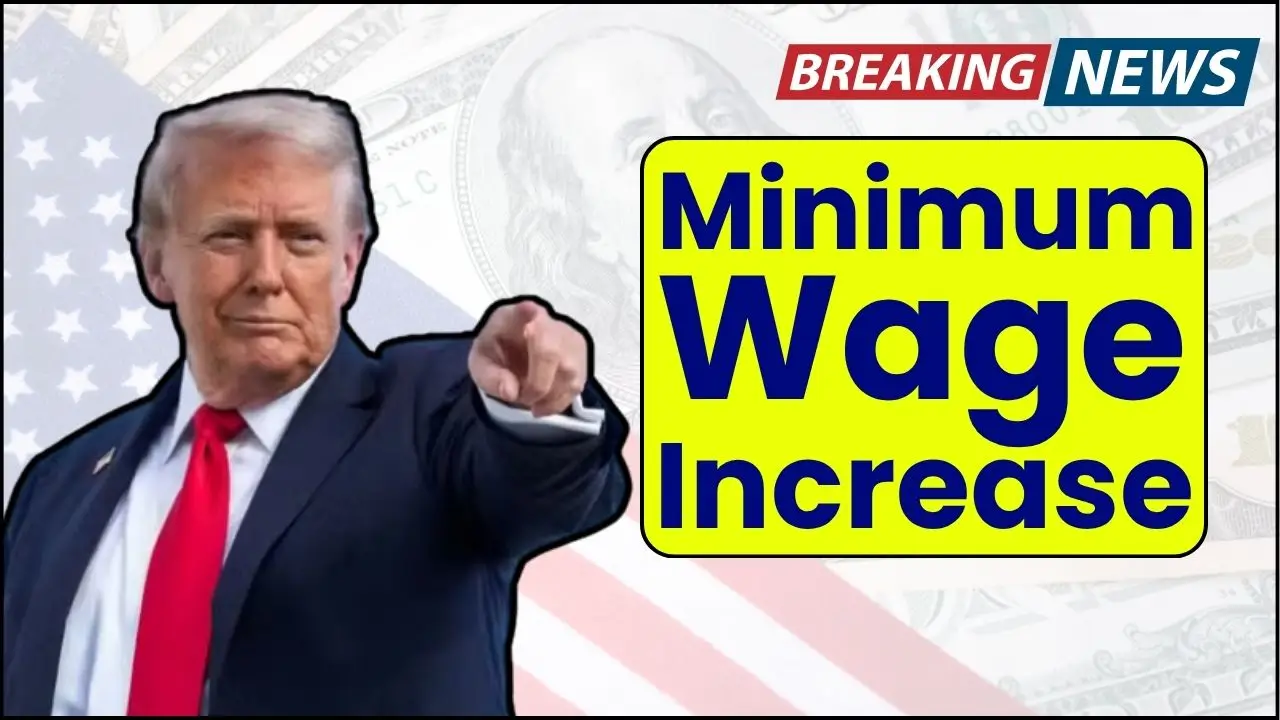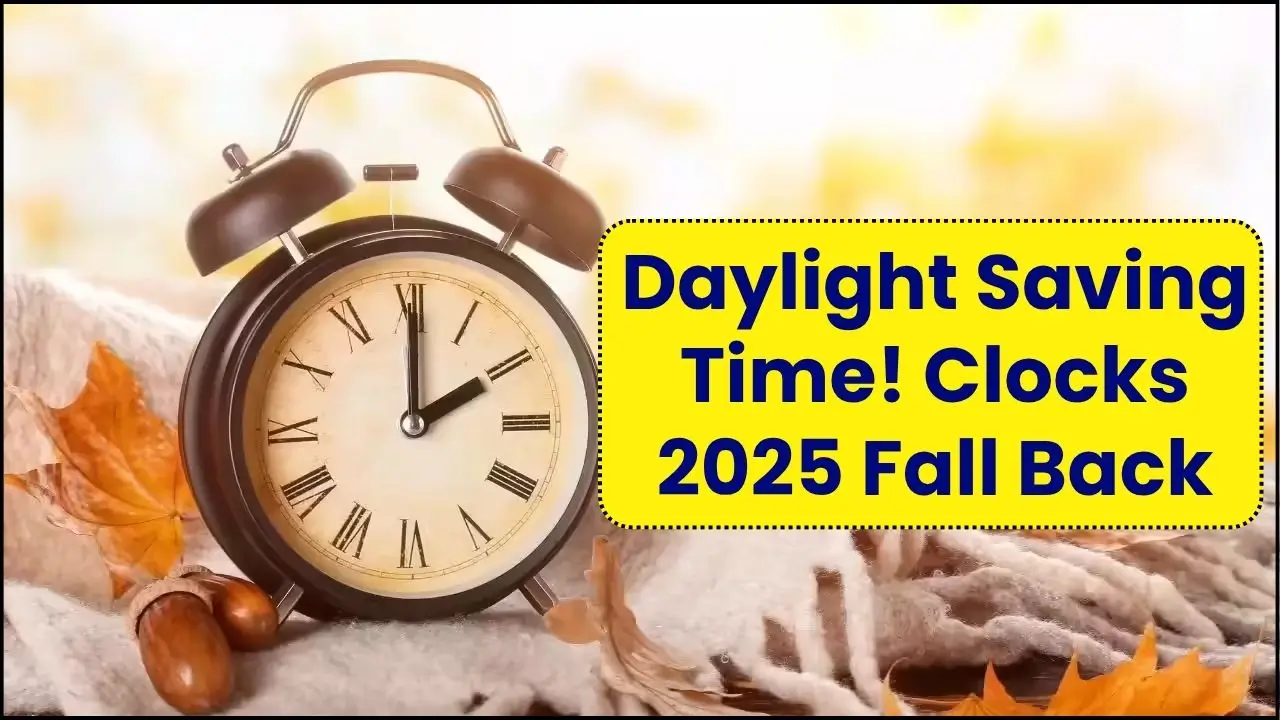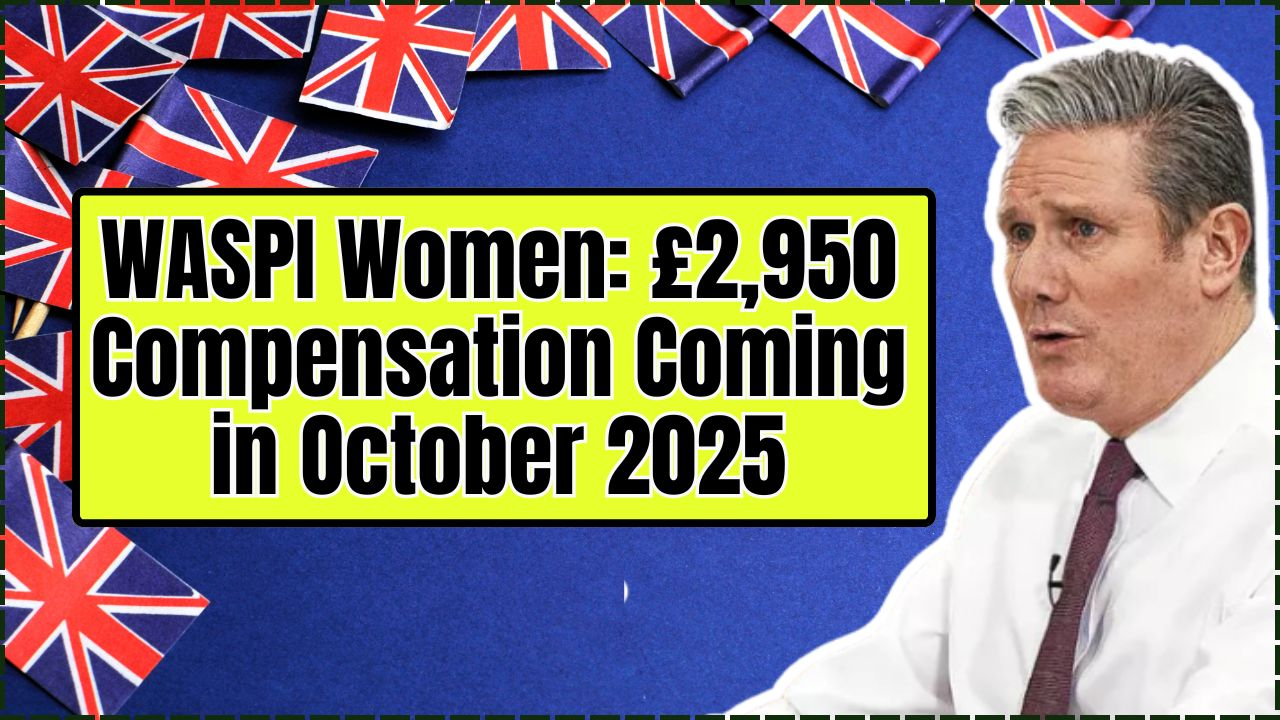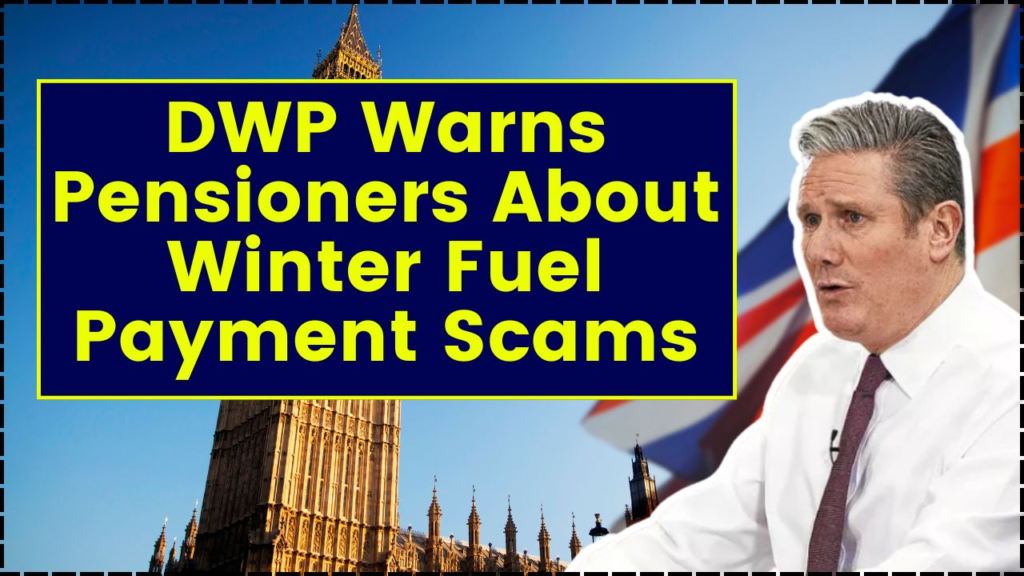
The Department for Work and Pensions (DWP) has issued an urgent warning to pensioners in the UK regarding a significant surge in Winter Fuel Payment scams. As the winter months approach and the government’s heating assistance payments are scheduled for November and December, fraudsters are increasingly targeting vulnerable individuals. With scams having surged by 153% in recent weeks, authorities are urging pensioners to stay vigilant and take steps to avoid falling victim to these fraudulent schemes.
Table of Contents
DWP Warns Pensioners
| Key Fact | Detail/Statistic |
|---|---|
| Winter Fuel Payment Amount | Between £100 and £300, depending on eligibility |
| Surge in Scams | 153% increase in scam activity, reported in late September 2025 |
| Eligibility Criteria | Pensioners born before September 22, 1959; income under £35,000 |
| Contact Points for Fraud | Report suspicious messages to 7726 (text) or phishing@hmrc.gov.uk |
| Official Website | GOV.UK |
As Winter Fuel Payments approach, pensioners must remain vigilant against the rising threat of scams. The DWP’s warning highlights the need for caution and preparedness, urging recipients to protect their personal and financial information. By following official guidance, pensioners can safeguard themselves from falling victim to these deceptive schemes. With increasing reports of fraud and cybercrime targeting the elderly, it is crucial for the government, support organizations, and individuals to work together to tackle these scams and ensure that those in need receive the assistance they are entitled to.
Background: Winter Fuel Payments and Fraud
The Winter Fuel Payment is an annual government initiative designed to help pensioners cope with the increased cost of heating during the colder months. Typically ranging between £100 and £300, these payments are automatically issued to eligible individuals each year, with no action required from the recipient. Eligibility is based on several factors, including age, income, and residency status.
The DWP has warned that as the payment window for this year’s scheme approaches, fraudsters are increasingly targeting pensioners with deceptive tactics, including fake emails, text messages, and phone calls. These fraudulent communications often impersonate official government messages, tricking recipients into revealing personal and financial details.
How Scammers Are Exploiting Pensioners
Scammers are taking advantage of the upcoming Winter Fuel Payment schedule to deceive pensioners. These criminals have been using a variety of methods to impersonate government departments, including:
- Phishing Emails: Scammers send emails claiming to be from the DWP, asking pensioners to confirm their details to receive the Winter Fuel Payment. These emails often contain links that redirect victims to fake websites designed to harvest sensitive information.
- Fraudulent Text Messages: Text messages claiming that the recipient is eligible for a Winter Fuel Payment or asking them to apply for the payment are also common. These messages may include links to phishing websites or phone numbers that direct to scam call centers.
- Fake Phone Calls: Scammers have been known to make phone calls impersonating DWP officials, requesting bank details or a one-time fee to process the Winter Fuel Payment. These calls are often aggressive and pressuring, designed to cause panic and lead to financial loss.
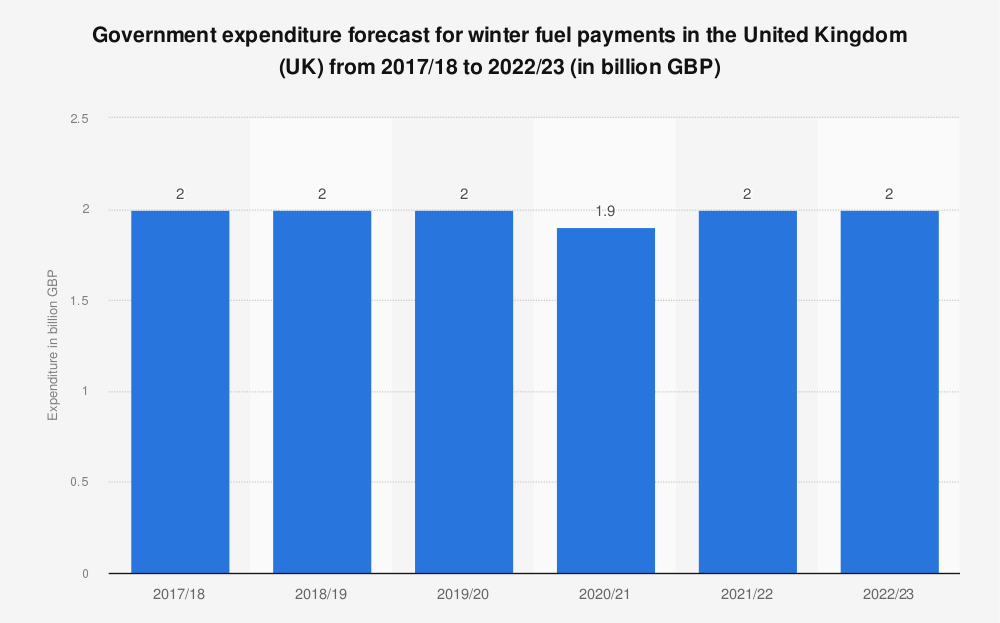
How to Identify and Avoid Scams
The DWP has outlined several ways for pensioners to protect themselves from these scams. Understanding how to recognize fraudulent communications is crucial to preventing financial harm.
1. No Application Required
The most important piece of advice from the DWP is that no application is necessary to receive the Winter Fuel Payment. If you are eligible, the payment will be made automatically. There is no need to provide personal details, pay any fees, or click on suspicious links.
2. Don’t Share Your Bank Details
The DWP will never ask for your bank details, PIN numbers, or passwords via email, text, or phone. If anyone asks for this information under the guise of helping you receive a Winter Fuel Payment, it is likely a scam.
3. Official Communication Methods
The DWP and HM Revenue & Customs (HMRC) will never ask for personal or sensitive details via unsolicited communications. Any legitimate correspondence will come from official channels, such as a letter from the DWP or a notification from HMRC. These communications will never ask for money or sensitive information upfront.
4. Report Scams Immediately
If you suspect you have been targeted by a scam, report it immediately. Texts can be forwarded to 7726 to alert your mobile provider, while phishing emails can be reported to phishing@hmrc.gov.uk. In addition, you can contact Action Fraud, the UK’s national fraud and cybercrime reporting center, to lodge a formal complaint.
The Financial Impact of Scams
Fraudulent Winter Fuel Payment schemes not only result in financial loss but also cause considerable emotional distress, particularly among vulnerable pensioners. Many individuals who fall for these scams may not have the resources to recover the stolen funds. Moreover, victims often feel a sense of violation and anxiety after realizing they have been deceived.
1. The Cost of Scams
According to Action Fraud, the financial impact of these scams can be substantial. Many of the victims are tricked into paying a fee or handing over sensitive financial details, which are then used for identity theft, unauthorized withdrawals, or further fraud. The average amount lost to scams in the UK has been on the rise, with older adults being especially vulnerable to these deceptive tactics.
2. Emotional Toll on Victims
Beyond the financial repercussions, pensioners who fall for scams often face emotional consequences, such as stress, confusion, and feelings of isolation. Many individuals, particularly those who rely on their Winter Fuel Payments to make ends meet, can suffer from significant anxiety once they realize their personal information has been compromised.
Government Response and Additional Resources
The DWP is actively working to combat fraud by raising awareness and providing information on how pensioners can safeguard themselves. In addition to the DWP’s guidance, several other resources are available for individuals who need further assistance.
Independent Age Support
The charity Independent Age offers advice and support for older individuals facing financial challenges. Its helpline is available at 0800 319 6789 for pensioners who have concerns or need help identifying potential scams.
Pension Credit and Attendance Allowance
In addition to the Winter Fuel Payment, pensioners may be eligible for other forms of government assistance. For example, Pension Credit is a benefit that provides additional financial support for low-income pensioners, with the average recipient receiving around £4,300 annually. Additionally, Attendance Allowance provides financial assistance to pensioners with care needs, helping to cover the costs of care services.
Government Support for Reporting Fraud
The UK government has set up a dedicated fraud hotline through Action Fraud to report any suspected scams. Individuals can also visit the official GOV.UK website for updates on the Winter Fuel Payment and other related schemes.
Impact on UK Society and Broader Implications
While scams targeting pensioners are not a new issue, the rise in fraudulent Winter Fuel Payment schemes reflects broader trends in online fraud and cybercrime. As digital communication becomes more prevalent, scammers are finding new ways to exploit individuals using advanced technologies.
1. Wider Cybercrime Concerns
Pensioners, who may not be as familiar with the risks of online fraud, are often ill-equipped to identify such scams. As more personal and financial information is shared over digital platforms, the risk of falling victim to identity theft, financial fraud, and cybercrime grows.
2. Call for Better Education
Experts argue that there is a pressing need for better education on cybercrime and fraud prevention, particularly for older adults. Several advocacy groups have called for stronger protections for pensioners and better awareness campaigns to inform them about the risks and how to identify potential scams.
FAQ About DWP Warns Pensioners
What is the Winter Fuel Payment, and who is eligible for it?
The Winter Fuel Payment is a government initiative that provides financial assistance to help pensioners with heating costs during the colder months. It is available to individuals born before September 22, 1959, who meet certain income and residency requirements.
How do I know if a message about my Winter Fuel Payment is a scam?
Legitimate communication from the DWP will never ask for your personal details, bank account information, or an upfront payment. If you receive unsolicited messages asking for this information, it is likely a scam.
What should I do if I’ve been targeted by a Winter Fuel Payment scam?
If you suspect you’ve been scammed, report the incident immediately to Action Fraud and the DWP. Forward any suspicious text messages to 7726 and report phishing emails to phishing@hmrc.gov.uk.
Are there any other forms of financial support for pensioners besides the Winter Fuel Payment?
Yes, pensioners may also be eligible for Pension Credit, which provides additional financial support, or Attendance Allowance for those with care needs. These benefits help reduce financial pressure on older adults.




